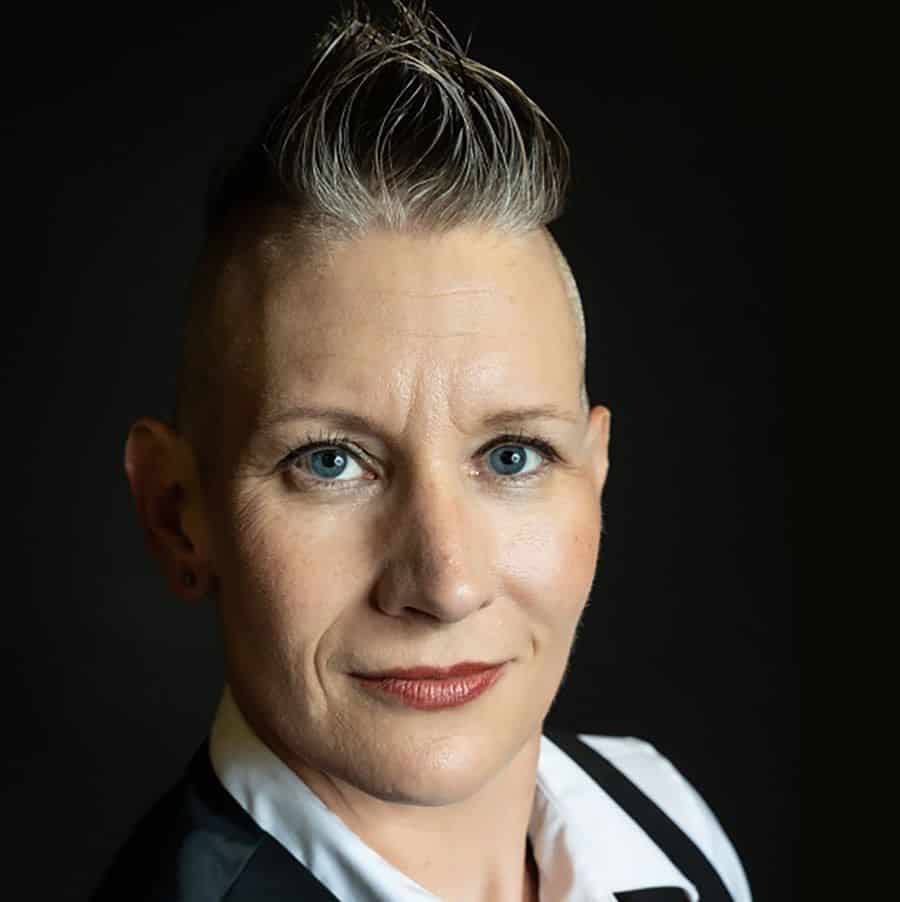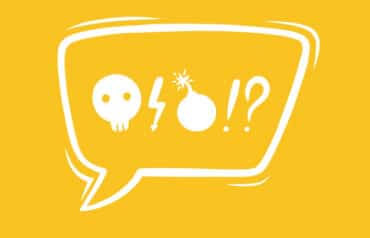Being a lawyer and an entrepreneur can be two full-time jobs in one. While we’re zealously representing clients, we also have to market ourselves to keep new clients coming in the door and manage the day-to-day tasks of running a business.
Lawyers are essentially professional writers. Last year, I saw my friend and New York Times best-selling author Scott Sigler speak at Phoenix Comicon. He talked about how he managed to be a prolific writer and handle the business side of being a professional artist. To date, he’s written 15 novels, six novellas and dozens of short stories. His devoted fans get tattoos inspired by his work. He even has his own annual convention, SiglerFest, which draws fans from all over the world.
Crushing Deadlines: How Does He Do It?
Scott is a genuinely nice guy. When I was writing my first book, he even took time to let me buy him lunch and pick his brain about self-promotion. He is one of the hardest-working, most successful, seemingly happiest people I know. When he mentioned he has a system that allows him to manage all his projects (including writing two books per year) and have time to play bass in a band, I wanted to know more.
Thankfully, he was willing to share his productivity secrets, along with his thoughts on what it really takes to be a successful entrepreneur.
Q: You said you have a scoring system that keeps you on track on your projects but also lets you leave work every day feeling like you’ve done enough. Would you tell us about this system?
SS: I became a full-time author 11 years ago. For the first 10 years, I had multiple, crushing deadlines. Between novels, short stories, the podcast, YouTube videos and doing most of my own marketing, it wasn’t uncommon for me to work two or three straight weeks of 14-hour days. Most of those deadlines were due to me over-promising things — we had to work the double-shift derby to deliver on all I had promised to publishers and to the fans.
Once we worked through those deadlines and I thought I would be able to “only” work 60 hours a week or so, and have newly discovered free time, I found I wasn’t producing. I couldn’t figure it out — now that I had tons of time, why was it harder to write? I saw an ADHD therapist and together we discovered what now seems obvious: I need fixed goals and consequences for not meeting those goals.
We worked out a target goal: 3,000 words a day (12 pages), 15,000 words a week (yes, weekends off unless I need those days to make up for missing word count). If I don’t write 15,000 a week, my business partner A “The Director of Døøm” Kovacs takes one of my basses away for two months. All I do is write and play music, so losing a bass is a big deal. I have nine of them — they are my trophies, purchased with the money I’ve made from writing. They are talismans of the hard work. To lose even one is an insult, something worth fighting for.
Since we came up with that plan a year and a half ago, I haven’t missed a weekly word count yet.
Q: You work in an industry where you don’t get paid by the hour. How did you decide on what number you had to reach each day?
SS: Kovacs and I crunched the numbers of what I’d produced over the last decade. We found that 3,000 words a day was a reasonable amount for me. That’s about four hours of work. We also learned that after four hours, my quality of writing drops off, so most of the words created after four hours wind up getting thrown out anyway.
Q: How long have you been using this system, and how is it going?
SS: About a year and a half. It’s going amazing. I have a reasonable goal to meet each week. I’m so distracted it’s hard for me to focus on anything that’s more than two weeks old, or beyond two weeks into the future. Since a novel can take three to six months to write, when I’m in the middle I’m going crazy because it simultaneously feels like I’ve been working on it forever and that it will never be done. That screws with my focus and my ability to produce. With the 3,000/day, 15,000/week model, I am more relaxed because I know those words will add up to a finished product. Even if I can’t see the end, I know that 3,000/day will get me there. That helps me relax and improves not only my quality of work but my quality of life. I’m far happier with this system.
Q: You’ve grown a dedicated fan base from zero to thousands of people all over the world. What tips do you have for professionals who have to self-promote to make a living?
SS: You have to know it’s a lifetime process, and that your first three to five years of effort won’t produce any measurable success. You do this because you can’t do anything else. It takes time. If you quit after a year because you only have 17 Twitter followers and the only person who reads your Facebook posts is your Aunt Edna, you’re not cut out for it in the first place.
The other critical factor in building an audience is to be a good human being. People are going to reach out to you because they love your work. Many times, those people are awkward and say things that might come across in a bad way. I always remember that if anyone takes the time to reach out to me about my work, it’s because the work moved them, excited them, and they are so thrilled they take time out of their busy lives to communicate that (or try to communicate that). If that effort comes across poorly, I try to see through the bad joke, or someone saying something off-color, because they don’t know how to process what they feel in their heart.
Patience and understanding are important when people reach out to you — be careful of starting a flame war over a perceived slight that is better explained by social awkwardness.
Q: Do you have other lessons to share about what it takes to be a successful entrepreneur?
SS: There is an old wag that if you do the thing you love, you’ll never have to “work” a day in your life. That is utter horseshit. I am doing exactly what I’ve always wanted to do, and I work three times as hard as I ever did when I had a job working for someone else. If you’re an entrepreneur, the work never ends. Never. And you like it that way. If you don’t absolutely love to roll up your sleeves, if you like sleeping 12 hours a day, if you think “weekends are mine and mine alone,” then get a job working 40 hours a week for someone else. You’ll be far happier in your life.
Q: Any final thoughts?
SS: I think being an entrepreneur isn’t about being “smart” or having instincts, it’s about figuring out what you want to offer people, then figuring out how to do that. You have to know you will fail more than you succeed — each failure is a step closer to success. Most of the successful entrepreneurs do three things well.
- First, they are obsessed with creating something that makes customers happy.
- Second, once they have a customer, they treasure that relationship and want to make sure it continues via great customer service.
- Third, they know that failure will come, that failing sucks and makes you miserable, and that being miserable is both OK and temporary.
If failure doesn’t bother you, that’s because you don’t care about what you’re doing. Keep trying things, keep working hard, keep figuring out how to create something that makes customers happy.
In Closing
Whenever I hear Scott speak about how he works in an “eat-what-you-kill,” “publish-or-perish” environment, I hear something I can apply to my business. Learning about Scott’s system made me wonder how I could add daily and weekly metrics to my system, The Wall of Pain. Scott also validates the joy and brutality of being an entrepreneur.
If you enjoy captivating fiction, especially sci-fi, I highly recommend his work.
Illustration ©iStockPhoto.com
Subscribe to Attorney at Work
Get really good ideas every day: Subscribe to the Daily Dispatch and Weekly Wrap (it’s free). Follow us on Twitter @attnyatwork.

















